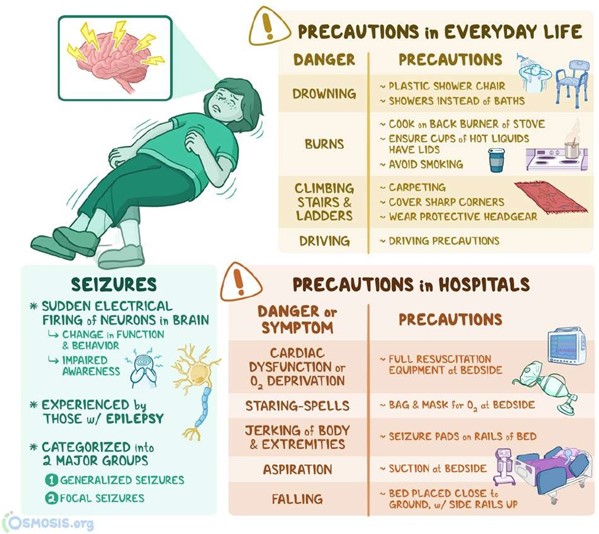A nurse is caring for a client with chest pain. Laboratory Results
1300:
Cardiac troponin T less than 0.5 ng/mL (less than 0.1 ng/mL). LDL 110 mg/dL (less than 130 mg/dL).
Total cholesterol 230 mg/dL (less than 200 mg/dL).
Complete the following sentence by using the list of options: After notifying the provider, the nurse should first:
check a STAT cardiac troponin.
request a prescription for a beta-blocker.
administer sublingual nitroglycerin
Notify the senior
The Correct Answer is C
Administer sublingual nitroglycerin.

Nitroglycerin is a vasodilator that can relieve chest pain caused by myocardial ischemia. The nurse should administer it as soon as possible to improve blood flow to the heart and reduce the risk of myocardial infarction. The nurse should also monitor the client’s blood pressure and heart rate after giving nitroglycerin, as it can cause hypotension and reflex tachycardia.
Choice A is wrong because checking a STAT cardiac troponin is not the first priority.
Cardiac troponin is a biomarker that indicates myocardial injury, but it may not rise until several hours after the onset of chest pain.
Therefore, it is not useful for immediate diagnosis or treatment of acute coronary syndrome. Choice B is wrong because requesting a prescription for a beta-blocker is not the first priority.
Beta-blockers are medications that can lower blood pressure and heart rate, and reduce the oxygen demand of the heart.
They can prevent or reduce the recurrence of chest pain and complications of acute coronary syndrome, but they are not indicated for immediate relief of chest pain.
Choice D is wrong because administering oxygen is not the first priority.
Oxygen therapy can increase the oxygen supply to the heart and reduce ischemia, but it is not necessary for all clients with chest pain.
Oxygen therapy should be based on the client’s oxygen saturation level and clinical condition.
If the client’s oxygen saturation is normal or high, oxygen therapy may not be beneficial and may even be harmful.
Nursing Test Bank
Naxlex Comprehensive Predictor Exams
Related Questions
Correct Answer is C
Explanation

Hyperthermia is a condition in which the body temperature is abnormally high, usually due to exposure to heat, infection, or certain medications. Hyperthermia can cause neurological complications, such as seizures, confusion, or coma. Therefore, the nurse should initiate seizure precautions for an adolescent who has hyperthermia to prevent injury and protect the airway.
Choice A is wrong because covering the adolescent with a thermal blanket would increase the body temperature and worsen hyperthermia. The nurse should remove excess clothing and use cooling measures, such as fans, ice packs, or cool fluids.
Choice B is wrong because submerging the adolescent’s feet in ice water would cause vasoconstriction and shivering, which would reduce heat loss and increase heat production. The nurse should avoid using extreme cold or ice water to cool the body.
Choice D is wrong because administering oral acetaminophen would not be effective for hyperthermia caused by non-infectious factors, such as heat exposure or medications.
Acetaminophen lowers the body temperature by reducing the hypothalamic set point, which is not altered in hyperthermia. Additionally, oral medications may be difficult to swallow or absorb in a hyperthermic patient.
Normal body temperature ranges from 36.5°C to 37.5°C (97.7°F to 99.5°F). Hyperthermia is defined as a body temperature above 38.5°C (101.3°F).
Correct Answer is A
Explanation
The nurse should ensure the state health department has been notified of the child’s Lyme disease, as it is a reportable disease in most states. Reporting helps to monitor the incidence and prevalence of Lyme disease and to implement prevention and control measures.
Choice B is wrong because antitoxin is not used to treat Lyme disease.
Antitoxin is a substance that neutralizes the effects of a toxin, such as botulism or tetanus. Lyme disease is caused by a bacterium called Borrelia burgdorferi, which can be treated with antibiotics.
Choice C is wrong because Lyme disease is not transmitted by sharing personal belongings. Lyme disease is spread to humans by the bite of infected ticks that carry the bacterium. The risk of getting Lyme disease can be reduced by avoiding tick-infested areas, wearing protective clothing, using insect repellent, and removing ticks promptly.
Choice D is wrong because skin necrosis is not a common complication of Lyme disease.
Skin necrosis is the death of skin tissue due to lack of blood supply or infection. Lyme disease can cause a characteristic skin rash called erythema migrans, which is usually circular or oval and expands over time. Other possible signs and symptoms of Lyme disease include fever, headache, fatigue, joint pain, and neurological problems.
Whether you are a student looking to ace your exams or a practicing nurse seeking to enhance your expertise , our nursing education contents will empower you with the confidence and competence to make a difference in the lives of patients and become a respected leader in the healthcare field.
Visit Naxlex, invest in your future and unlock endless possibilities with our unparalleled nursing education contents today
Report Wrong Answer on the Current Question
Do you disagree with the answer? If yes, what is your expected answer? Explain.
Kindly be descriptive with the issue you are facing.
